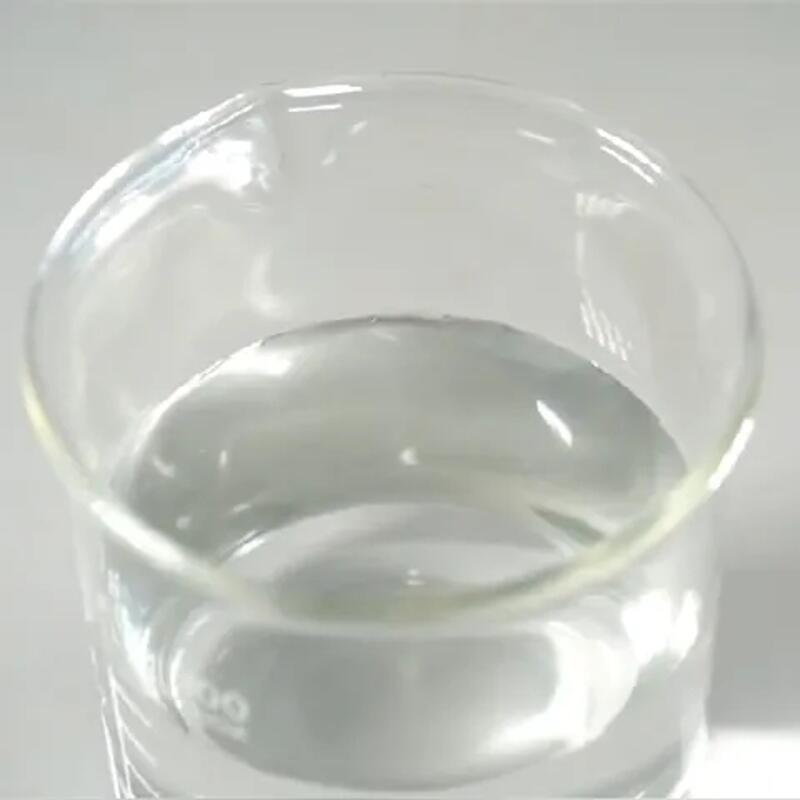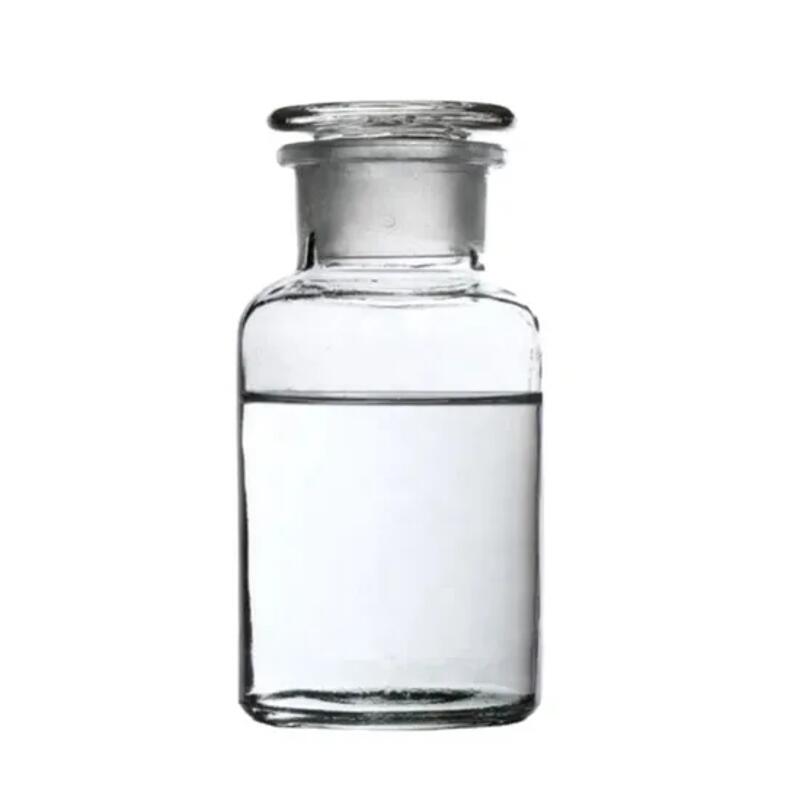-
Categories
-
Pharmaceutical Intermediates
-
Active Pharmaceutical Ingredients
-
Food Additives
- Industrial Coatings
- Agrochemicals
- Dyes and Pigments
- Surfactant
- Flavors and Fragrances
- Chemical Reagents
- Catalyst and Auxiliary
- Natural Products
- Inorganic Chemistry
-
Organic Chemistry
-
Biochemical Engineering
- Analytical Chemistry
-
Cosmetic Ingredient
- Water Treatment Chemical
-
Pharmaceutical Intermediates
Promotion
ECHEMI Mall
Wholesale
Weekly Price
Exhibition
News
-
Trade Service
The patient, male, 19 years old, body mass of 55kg, because of "headache with speech is not clear 18h" hospital.
no obvious cause, no history of trauma and hypertension.
CT: the left top temporal lobe clump-shaped high-density shadow, multi-line hematoma, about 3.0 cm x 4.1 cm, the left brain chamber is slightly narrower pressure.
there were no obvious exceptions to the residual check.
: (1) left top temporal lobe cerebral hemorrhage; (2) cerebrovascular malformation? Patients admitted to the heart rate of 113min-1, blood pressure 93/56mmHg (1mmHg - 0.133kPa), the deep side of the hematoma is seen abnormal abnormal vascular clumps, about 1.5 cm x 1.0 cm x 1.0 cm, the whole hemp line "left top lobe malformation angiostomy".
analysis of blood gas after int-intage: Na-118.7mmol/L, K-3.79 mmol/L, 3% NaCl solution (40mL/h) pump injection After 2 h: Na plus 115.6 mmol/L, K plus 6.06 mmol/L, urinating 0mL, 20mg for rapid urine, insulin 8U, hydrocarbon pine 1 00mg intravenous injection; 3.5h after: Na-124mmol/L, K-4.79mmol/L, urea 12.21mmol/L, creatinine 61 3mL/min, sodium urea (BNP) 33 463ng/L, intake 2,500mL, bleeding 100mL, urinating 15mL, continue sodium infusion therapy.
day after surgery, urine volume 2 035mL, Na-127mmol/L, K-4.86mmol/L, urea 15.71mmol/L, creatinine 759 smol/min, BNP 31 128 ng/L; Day 3, urine volume 3 200mL, Na plus 147.5mmol/L, K plus 4.85mmol/L, urea 8.5mmol/L, creatinine 100 smol/min, BNP 1 127 ng/L;
the risk of central hyposodium in patients with subcavity hemorrhage caused by non-traumatic aneurysms was 30% to 50%, of which the occurrence of cerebral salt depletion syndrome (CSWS) was 22.9% to 90.5%.
CSWS is a triple sign of low blood sodium, reduced capacity, and increased urinary sodium (20mmol/L or 80mmol/24h) caused by intracranial lesions that induce renal salt consumption.
patients with severe hyponateremia and reduced capacity on the basis of intracranial lesions (low heart rate and low blood pressure, suggesting insufficient blood volume).
did not check the concentration of sodium urine, but the diagnosis was highly suspicious of CSWS.
CSWS is essentially low-volume hyponamicemia, the symptoms will gradually ease after the use of iso-seepage or high seepage fluid.
CSWS is associated with elevated plasma BNP levels, BNP can directly act on the renal tube, increase the rate of renal cytofiltration, counter the role of anti-diuretic hormone (ADH), inhibit the role of renin-angiosygen II.-aldehydesterone, urinary sodium excretion increased.
patients showed low blood sodium, active rehydration and infusion of high seepage saline, BNP decreased significantly, but the recovery of blood sodium was slow.
that salt corticosteroids can prevent the discharge of sodium urine and permeable diuretic, hormone therapy has a positive effect.
CSWS patients associated with elevated urea nitrogen, creatinine, and blood potassium, but there were few reports of acute renal failure.
patients in this case of acute renal failure, consider the reasons: (1) CSWS caused insufficient blood capacity, reduced renal perfusion; Increased, the occurrence of shadow agent kidney disease; (3) large doses of glycol (glycol 150g/d, continuous 6d), renal tube fluid penetration pressure increased, damage to the renal tube epithet cells, resulting in glycol nephropathy.
for CSWS patients, we should be alert to the damage to kidney function caused by large doses of phosphor and glycol, pay attention to the balance of hydrolytes, expand sodium early, and strengthen the monitoring of kidney function.
.







